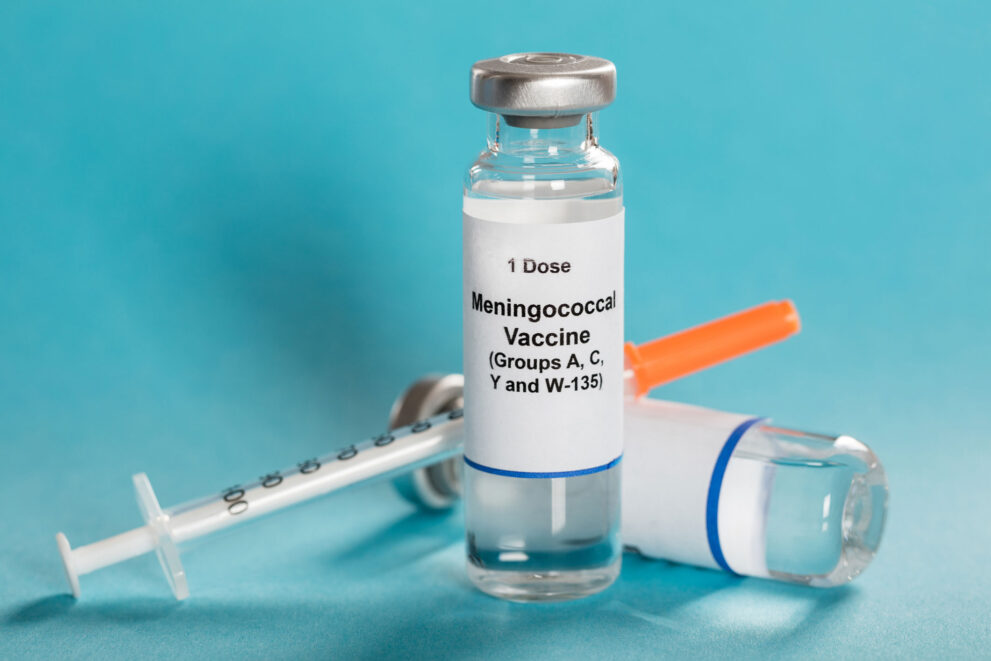Toronto – Toronto Public Health (TPH) continues to see an increase in the number of reported cases of invasive meningococcal disease (IMD) in Toronto residents. Fourteen IMD cases have been reported so far in 2024, an increase from an average of six per year.
TPH has identified seven individuals with a particular type of IMD, called type W. Six of these seven cases match a strain of IMD type W detected in the Kingdom of Saudia Arabia (KSA). The people infected with this strain in Toronto have not travelled to this region or been in contact with anyone who travelled.
Cases of IMD strain W have been seen in travellers returning from KSA to the United Kingdom, the United States of America and France.
Strain W has been linked to several outbreaks worldwide and is known for causing more severe disease than other types of IMD. While type W has been uncommon in Toronto in the past, it accounts for about 20 per cent of cases from 2014 to 2023. Individuals who are returning from KSA should watch for IMD symptoms and take precautions that include:
- Avoid sharing food, drinks, utensils or cups that have been in the mouth of another person
- Staying home if they are experiencing coughing or sneezing
It is important to stay up to date with all recommended meningococcal vaccines to protect against IMD, particularly as the summer travel season begins and people return from international events or participate in large-scale local gatherings.
Adults aged 18 to 38 who have not received meningococcal vaccines are eligible for a publicly funded meningococcal vaccine that protects against strains A, C, Y and W. Newcomers to Canada who missed this vaccine are also eligible.
TPH meningococcal vaccination clinics
Parents, guardians and caregivers should ensure children are vaccinated against IMD. A meningococcal C vaccine is typically given at 12 months and a meningococcal ACYW vaccine is given in grade seven. Both are required under Ontario’s Immunization of School Pupils Act.
Torontonians are urged to contact their healthcare provider to receive the meningococcal vaccine or book an appointment at a TPH vaccination clinic. Appointments are available now for school-aged children and will be available for adults aged 18 to 38 who missed their meningococcal vaccination beginning June 28. More information, including updated clinic locations, dates and times, is available on TPH’s appointment booking system webpage .
Invasive meningococcal disease
IMD is caused by the bacteria Neisseria meningitides. These illnesses are often severe and can be deadly. They can include infections in the lining of the brain and spinal cord (meningitis) and bloodstream. People spread meningococcal bacteria to others by sharing respiratory and throat secretions (saliva or spit). Generally, it takes close or prolonged contact to spread these bacteria.
The highest incidence occurs in young children, adolescents and young adults. Symptoms typically begin with fever, aches, joint pain, headache, stiff neck and increased sensitivity to light.
A person can spread IMD up to seven days before becoming sick and up to 24 hours after starting antibiotic treatment. People can spread IMD to others even if they do not show symptoms. Torontonians experiencing symptoms are encouraged seek immediate medical attention. More information is available on TPH’s Meningococcal Vaccines webpage.








